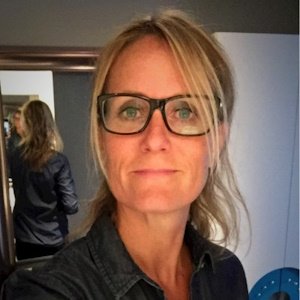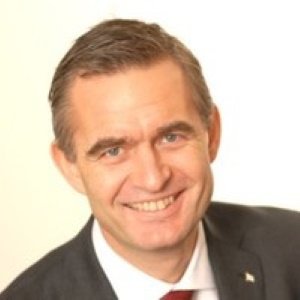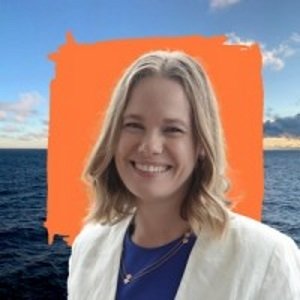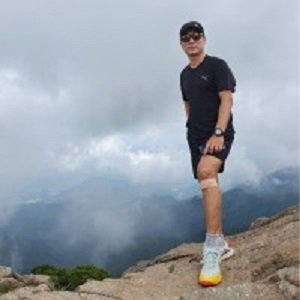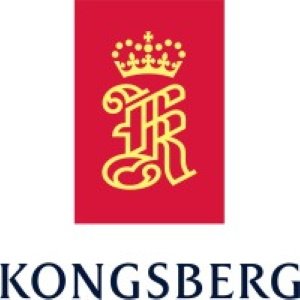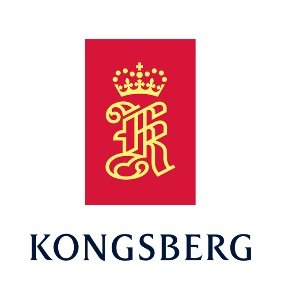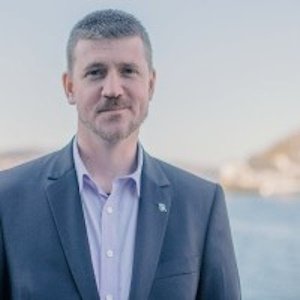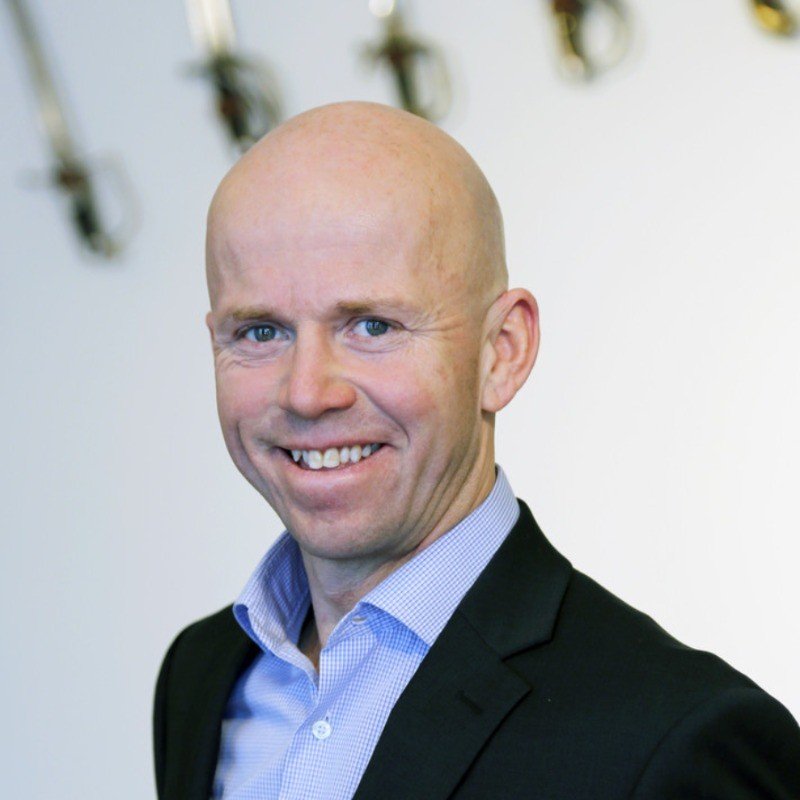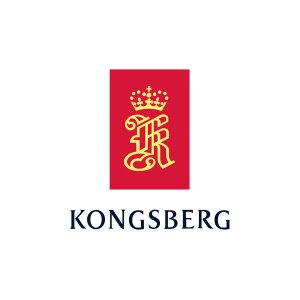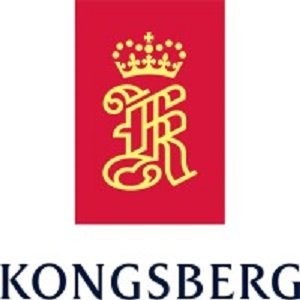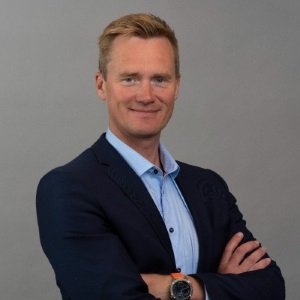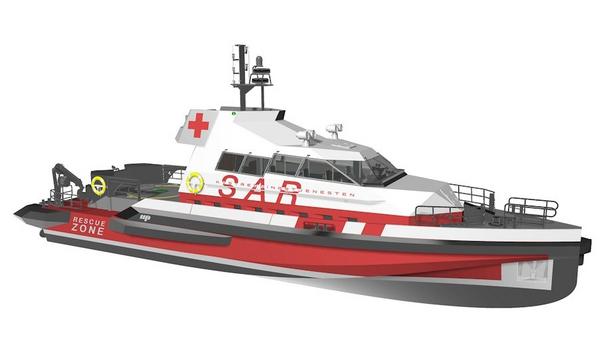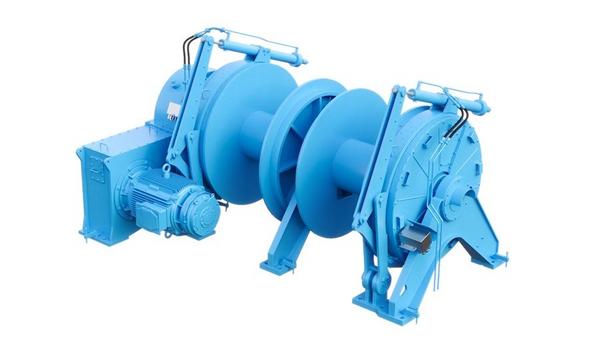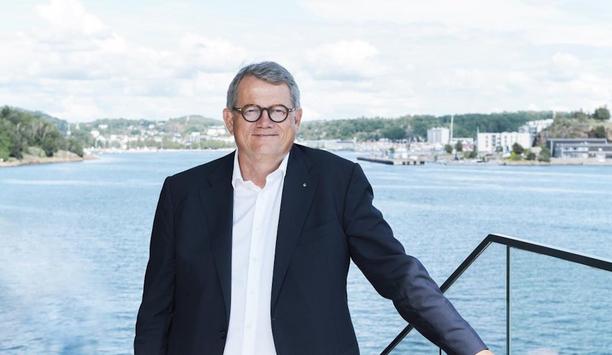Kongsberg Maritime - Experts & Thought Leaders
Latest Kongsberg Maritime news & announcements
Kongsberg Maritime has entered into a contract with Norwegian shipbuilder - Maritime Partner AS for the delivery of waterjets and control systems for seven new Search and Rescue (SAR) vessels. These vessels are being built for the Danish Ministry of Defence Acquisition and Logistics Organisation (DALO), reinforcing a strong Nordic collaboration in support of mission-critical maritime operations. Each of the seven SAR vessels will be equipped with two Kongsberg Maritime S50-3/CA waterjets and the Jet Control System – Extended, providing enhanced manoeuvrability, reliability, and performance in demanding rescue missions. The vessels will be constructed at Maritime Partner’s yard in Ålesund, Norway, with deliveries scheduled to begin in February 2027. High-performance propulsion solutions “This contract highlights the strength of Nordic cooperation and our shared commitment to delivering high-performance propulsion solutions for demanding operational environments,” said Per Håvard Siljan Hjukse, Executive Vice President, Propulsion & Handling, Kongsberg Maritime. Per Håvard Siljan Hjukse adds, “We are pleased to support Maritime Partner and DALO with our Kamewa waterjet technology designed for the critical demands of SAR operations.” Kongsberg Kamewa S50-3/CA The Kongsberg Kamewa S50-3/CA waterjets are engineered for high-speed performance, low maintenance The Kongsberg Kamewa S50-3/CA waterjets are engineered for high-speed performance, low maintenance, and precise control – ideal for the rapid response and agility required in SAR missions. Maritime Partner AS has expressed enthusiasm about the partnership and the opportunity to showcase Nordic engineering excellence with these new vessels. Words from Maritime Partner official SVP Sales and Marketing, Henrik Myklebust at Maritime Partner AS says: “It has been a pleasure to work with the Kongsberg Maritime team for this project.” Henrik Myklebust adds, “They have been very supportive and given us all the information and help we needed to end up with a state-of-the-art project and we feel confident that we have made the right choice of water jets for our Alusafe 2200 SAR Vessel. We are really looking forward to continuing this great co-operation.”
Kongsberg Maritime has announced the launch of a new electric towing winch, expanding its winch product portfolio to better serve the tug market. The new winch is powered by a frequency converter-driven electric motor, delivering enhanced operational efficiency and reduced environmental impact compared to traditional hydraulic systems. Reduction in hydraulic systems A key advantage of the new electric towing winch is the reduction in hydraulic systems on board A key advantage of the new electric towing winch is the reduction in hydraulic systems on board, minimising the risks related to oil on deck. This aligns with the maritime industry’s ongoing shift toward more sustainable operations. The winch is engineered for high efficiency and low power consumption, making it an ideal solution for modern tug operations. Harbour tug applications Designed for harbour tug applications, the winch offers a pulling force of up to 35 tons and brake holding loads tailored to selected towing ropes. It features frequency converter technology for stepless speed control during rope handling and is available in multiple drum configurations, including single, double, and split drum options. Mechanical spooling device for wire The robust design contains an electric motor, induction-hardened gears, and high-quality bearings The robust design incorporates an electric motor, induction-hardened gears, and high-quality bearings, ensuring a durable drive line capable of withstanding harsh marine environments. Additional features include a mechanical spooling device for wire winch applications and a quick-release function under three seconds, compliant with IACS rules. Future upgrades on remote service Kimmo Haula, VP Merchant, Handling Systems, at Kongsberg Maritime, said: “We know that tug operators need to have round-the-clock availability for towing operations, so with our global support network and product centre expertise we can ensure that when our customers need support, they get it." “The control system for the new winch will also enable future upgrades on remote service and connectivity to Kongsberg ecosystem. With its launch, tug operators can look forward to enhanced performance, reduced environmental impact, and lower operational costs.” Hydraulic winch systems The winch is equipped with a user-friendly interface, offering local control stands Kongsberg Maritime brings decades of experience in both frequency converter-driven and hydraulic winch systems to this new product, ensuring reliability and performance. The winch is equipped with a user-friendly interface, offering local control stands and bridge main controls that display key operational data such as rope line tension, length, speed, and system alarms. Aquapilot thruster control system Uniquely, Kongsberg Maritime combines winch controls with its Aquapilot thruster control system lever, enhancing operational safety and user-friendliness. This ergonomic design allows captains to manage winch and thruster operations simultaneously, improving situational awareness and control. The new electric towing winch is supported by Kongsberg Maritime’s global service network and is designed for future upgrades, including remote service capabilities and integration with the broader Kongsberg ecosystem.
As a rarity among Norway’s top business pioneers, Morten Fon has spent his entire 36-year career with one company, taking various positions and overseas assignments before being tapped as Jotun’s President and CEO in 2005. Since then, the Norwegian company has experienced almost uninterrupted growth to become one of the fastest growing suppliers in the global paints and coatings industry. “It’s been a remarkable journey,” says Fon. “In addition to a fantastic organisation, Jotun benefits from the continuity of our owners, the Gleditsch family, who have allowed us the freedom to think in years, not quarters,” he says. “This has helped us succeed in the highly cyclical shipping industry.” Deep roots in shipping Fon and the senior management team work hand in hand with Jotun’s Board of Directors Fon and the senior management team work hand in hand with Jotun’s Board of Directors, led by Chairman Odd Gleditsch d.y. He is the grandson of Odd Gleditsch sen., who established the company in 1926. “Today, we sell decorative paints and protective and powder coatings to a broad range of customers, but our roots are in the shipping industry,” says Fon. “In fact, we opened our Group headquarters and R&D centre here in Sandefjord in 2020 on the same piece of land as our first factory, which was built across the fjord from a shipyard. That shipyard closed in 1986, but we are still here.” A global organisation With close to 11,000 employees representing 93 different nationalities active in more than 100 countries worldwide, Jotun is a truly global organisation. Fon credits the company’s historic ties to the Norwegian shipping cluster for the company’s international success. “Shipping is a global industry, so it’s no accident that about half of our global network of 40 factories, many of which have been in operation for decades, were built near ports and shipyards. Today, we supply marine coatings to about a quarter of the world’s merchant fleet and deliver to about 1,400 ports, all over the world.” A history of innovation Jotun’s long-term investments in R&D have also helped the company differentiate itself from the competition Jotun’s long-term investments in R&D have also helped the company differentiate itself from the competition. “Jotun’s focus on innovation is part of our DNA, enabling us to develop several game-changing products over the years,” says Fon. “In addition to a network of regional R&D centres, supported by local laboratories and various test sites, we collaborate with owners, shipyards, and other stakeholders to meet or anticipate the evolving needs of the industry.” ”This process has not only led to innovations that have changed how the industry sees marine coatings, but how we see our offering.” Jotun’s Hull Performance Solutions (HPS) Jotun’s Hull Performance Solutions (HPS) is one such innovation. Launched in 2010, HPS gives owners and operators access to Jotun’s best antifouling technologies, unmatchable technical service, intelligent hull condition management and credible performance guarantees. “I remember thinking at the time that if we succeed with HPS we would change the industry,” says Fon. “It took a lot of work, but today, HPS is recognised as the industry’s most effective antifouling solution, providing owners and ship managers with the ability not only to lower fuel costs and corresponding emissions, but document their results.” From supplier to partner With more than 2000 applications to date, HPS has proven a commercial success With more than 2000 applications to date, HPS has proven a commercial success. But HPS also changed Jotun. “Thanks to HPS, we were able to gather data on hull performance taken from ships in operation, and as more customers signed up to HPS, we were able to collect the industry’s most complete historical dataset on hull efficiency,” Fon says. “This allowed us to develop fouling risk algorithms and performance analytics tools to create a suite of digital services to help customers improve hull performance.” Pressure to improve environmental performance Fon adds that as the industry faces growing pressure from cargo owners and regulators to improve its environmental performance, customers are increasingly recognising the vital role antifoulings play in reducing emissions. “Thanks to HPS, we learned that we have a lot more to offer the shipping industry than steel protection,” he says. “Put another way, they don’t want paint, they want clean hulls.” Hull skating solutions This shift in thinking would produce Jotun’s most daring innovation yet: Hull Skating Solutions This shift in thinking would produce Jotun’s most daring innovation yet: Hull Skating Solutions (HSS.) Developed in a partnership Kongsberg Maritime, Wallenius Wilhelmsen, Semcon, Telenor and DNV, HSS takes hull protection to the next level. HSS consists of five components: A high-performance antifouling coating (SeaQuantum Skate), proactive condition monitoring, high-end technical service and performance guarantees. But what makes HSS unusual is an advanced underwater robotic cleaning unit, the Jotun HullSkater. Industry’s first remotely operated robotic device “Jotun HullSkater is the industry’s first remotely operated robotic device that has been purposely designed for proactive hull cleaning,” he says. “By removing slime and fouling before organisms have time to firmly attach to the hull, the Hull Skater not only helps ship-owners to reduce fuel costs and corresponding emissions, it helps vessels stay in compliance with increasingly strict local and global regulations designed to protect marine ecosystems from invasive aquatic species.” Introducing disruptive technology Jotun’s legacy of innovation has given the organisation the confidence to make bold decisions Fon acknowledges that a remotely controlled robotic hull cleaning unit may seem an unusual investment for a paints and coatings company. But he insists that Jotun’s legacy of innovation has given the organisation the confidence to make bold decisions. “We recognise that the Hull Skater is a disruptive technology. However, if we hadn’t done this, someone else would have,” he says. Early success So far, Jotun’s investment in Hull Skating Solutions is paying off. Now in use on about 30 vessels, the concept has exceeded expectations. “Our customers already understand the benefits of a clean hull, but with growing concerns about ocean pollution and the threat of invasive species, we believe that proactive hull cleaning will allow owners to ‘future proof’ their vessels against pending regulations,” says Fon. “Jotun HullSkater may be the most innovative antifouling system available to the market today, but our focus on supporting our customers hasn’t changed in almost a century. And to me, that is something to celebrate!”

